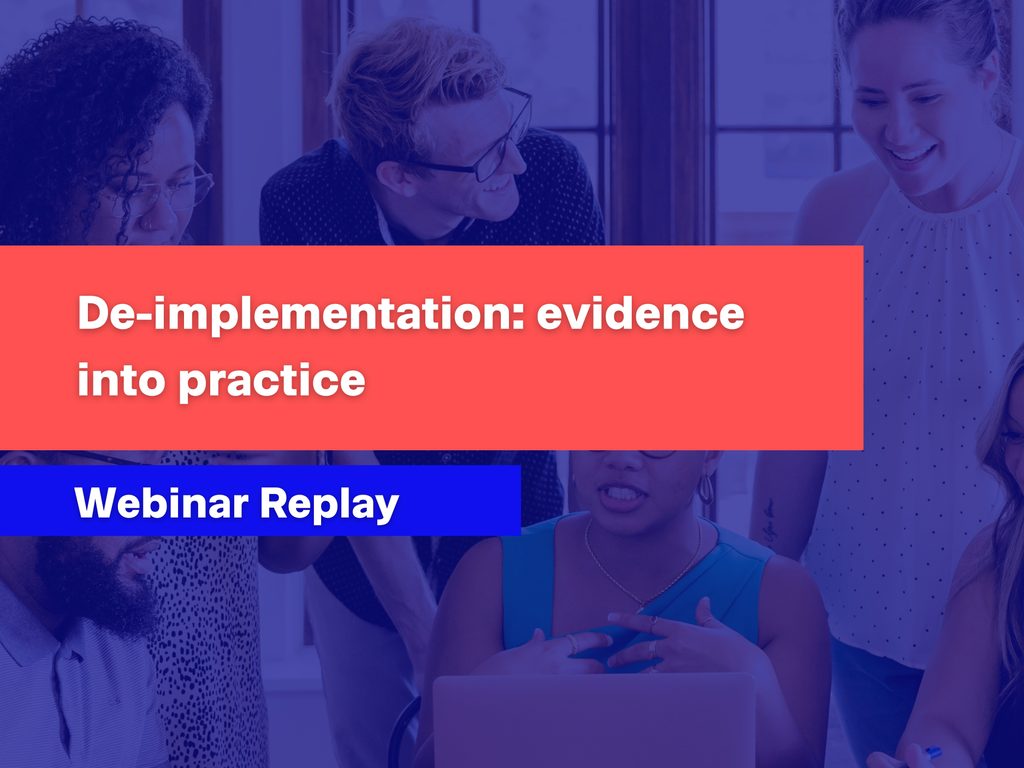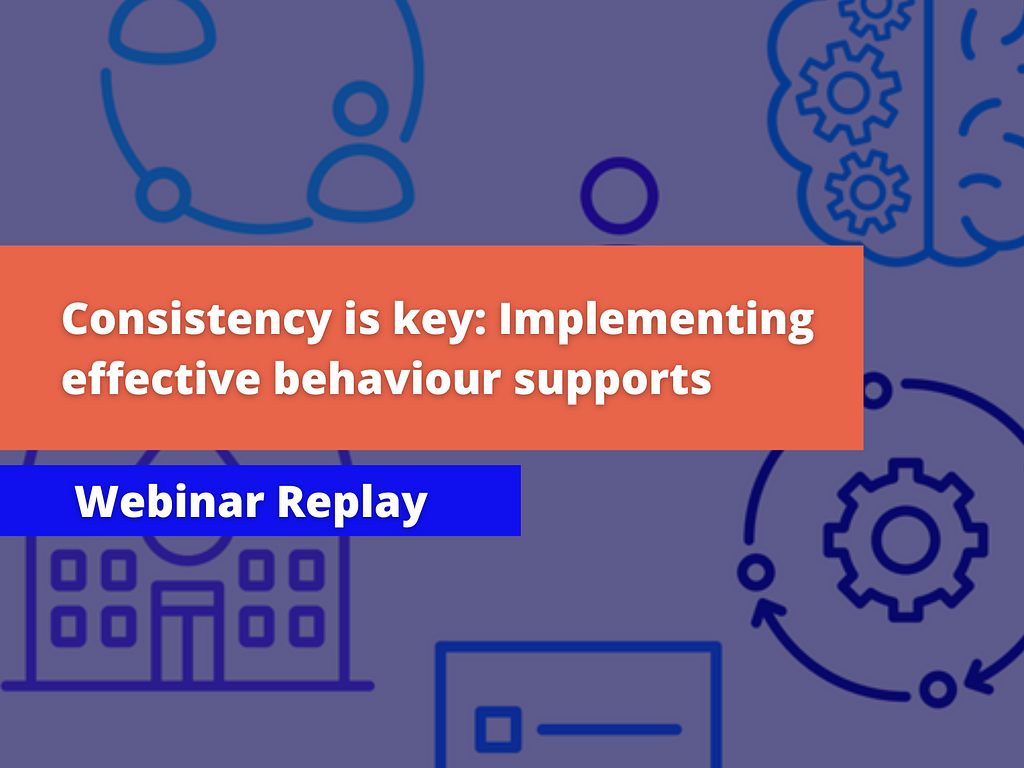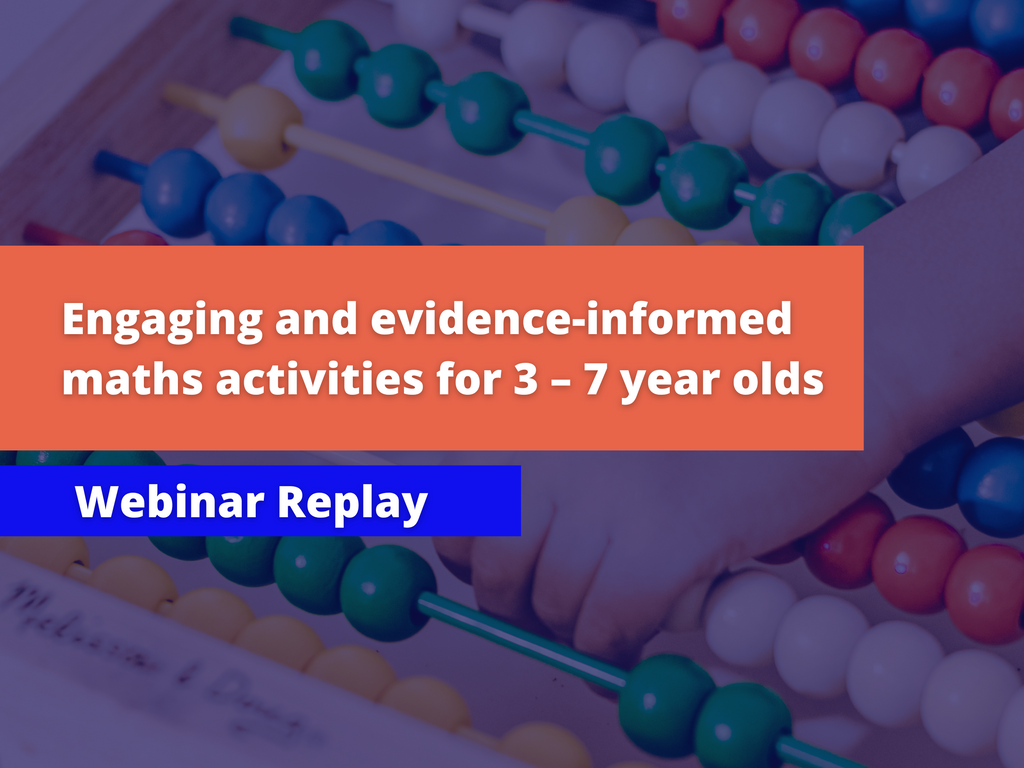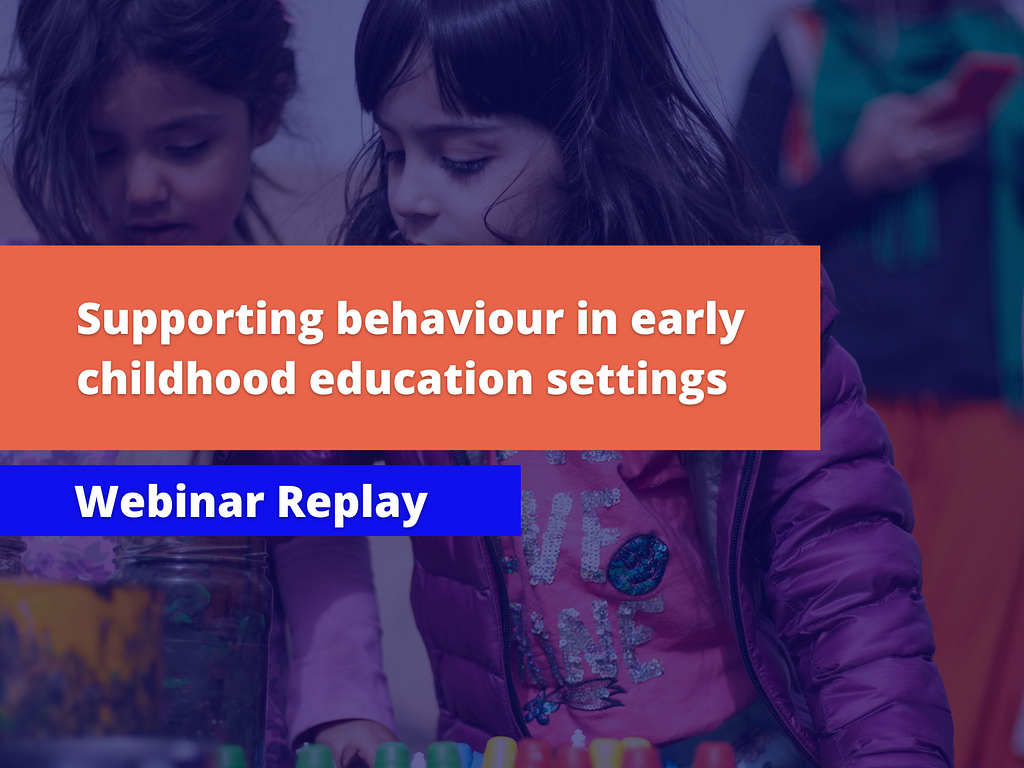In this webinar educators will learn about seven key recommendations for teaching metacognition and self-regulated learning. These are:
- Teachers should acquire the professional understanding and skills to develop their students’ metacognitive knowledge.
- Explicitly teach students metacognitive strategies, including how to plan, monitor, and evaluate their learning.
- Model your own thinking to help students develop their metacognitive and cognitive skills.
- Set an appropriate level of challenge to develop students’ self-regulation and metacognition.
- Promote and develop metacognitive talk in the classroom.
- Explicitly teach students how to organise, and effectively manage their learning independently.
- Schools should support teachers to develop their knowledge of these approaches and expect them to be applied appropriately.
Co-presented by Susannah Schoeffel and Dr Tanya Vaughan.
Webinar presentation slides – effective metacognition
Uploaded: • 4.4 MB - pdfDownload resource Webinar presentation slides - effective metacognition
- Guidance Report – Metacognition and self-regulation
- Teaching & Learning Toolkit – Metacognition and self-regulation
- Australasian Research Summaries – Metacognition and self-regulation
- Guidance Report – Putting evidence to work: a school’s guide to implementation
- Teacher Magazine article – Building students’ metacognition and self-regulation

Webinars
De-implementation: evidence into practice
A webinar providing professional learning for educators on de-implementation


Webinars
Consistency is key: Implementing effective behaviour supports in Australian schools
A webinar providing professional learning for educators on effective behaviour supports in schools


Webinars
Engaging and evidence-informed maths activities for 3 – 7 year olds
Explore maths in the early years and discover fun and easy ways to incorporate maths activities and experiences.


Webinars
Supporting behaviour in early childhood education settings
Explore research and practical strategies to support early childhood educators to respond to challenging behaviours.
